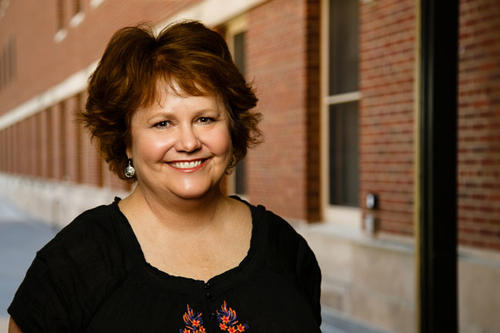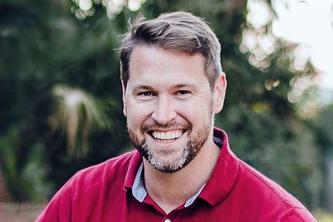
In January, the Centers for Medicare & Medicaid Services (CMS) released new guidelines to support state demonstration projects to require work or participation in other community engagement activities, such as skills training or volunteering, as a condition for Medicaid eligibility for able-bodied adults. By the authority of Section 1115 of the Social Security Act, Kentucky and Indiana have already received approval for their demonstration projects, while other states currently have proposals before CMS.
University of Minnesota expert Lynn Blewett, a professor in the School of Public Health, weighs in on what these changes mean to Medicaid beneficiaries and the states implementing them.
Lynn Blewett, Ph.D.
“States will need to evaluate whether work requirements are really needed. We know that most adult Medicaid enrollees already work – about 60 percent. And most of those who don’t work have legitimate reasons for not working – including having an illness or disability, significant caregiving responsibilities, or going to school. It’s not clear that new requirements will significantly increase the number of Medicaid enrollees who are already working.
States who do move ahead on designing and implementing work requirements must be careful not to design complex systems that result in a loss of Medicaid coverage. Under Section 1115 waivers, states must demonstrate that any new provisions advance the goals of the Medicaid program – to provide access to needed health coverage for eligible populations. We know that adding administrative burdens to the enrollment process, including new work documentation requirements, will create barriers to enrollment and can result in a loss of coverage. States will be required to evaluate their 1115 activities and demonstrate that any new programs promote health and access.”
Lynn Blewett, Ph.D., is a professor of Health Policy within the University of Minnesota’s School of Public Health. She directs the State Health Access Data Assistance Center (SHADAC), a research and policy center funded by the Robert Wood Johnson Foundation to support state efforts to monitor and evaluate programs to increase access and coverage.
Contact information:
Lynn Blewett
[email protected]
612-626-4739 (office)
- Categories:
- Law and Policy




